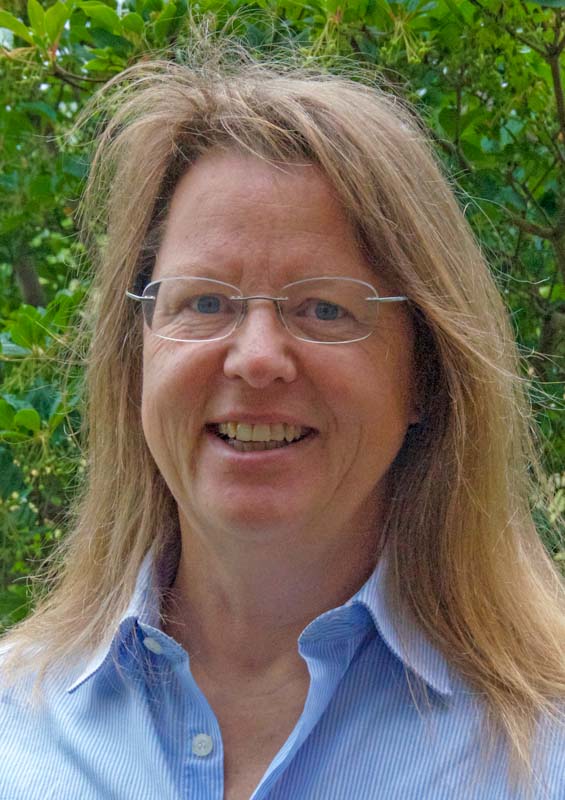05-BMG-PA1 Introduction to Paleontology and Paleoecology
Representative Karin Zonneveld
This module consists of two courses. Course 1 lays the foundation for understanding fossil invertebrate faunas. First, the application-oriented classification and determination of fossils will be practiced. In addition to aspects of the systematic classification of animal groups, application examples of biostratigraphy and palaeobiogeography will be specifically addressed. Subsequently, different preservation patterns of fossil invertebrates are addressed, including their mineralogic composition and ultrastructure; gaps and potential of preservation will be identified. Finally, the knowledge will be interlinked and discussed in practical exercises on fossil associations, including palaeoecological aspects with respect to the reconstruction of fossil ecosystems. Course 2 teaches (paleo-)ecological basics and working techniques. In addition to basic knowledge of the interactions between the bio- and geosphere, the content of the course covers fundamentals that are of essential importance for critically examining current developments in methods and techniques with questions on evolution, the palaeoenvironment, palaeoceanography and palaeoclimatology. The following topics will be discussed by means of interactive lectures and exercises: (1) Morphological, physiological and population dynamic adaptation to environmental conditions and their transmission in the logical past; (2) marine and terrestrial ecosystems today and in the past; (3) biodiversity and geography; (4) environmental protection. During a stay at the Senckenberg Institute in Wilhelmshaven, recent ecosystems and their fossil conservation potential will be studied and discussed during several field exercises.
1) Independently classify the systematic affiliation of fossil invertebrates, based on the actually observed criteria, including differential diagnosis and applying exclusion criteria
2) Independently recognise taphonomic patterns of marine invertebrates
3) Date sedimentary rocks in the field by the application of biostratigraphic knowledge
4) Interprete fossiliferous rocks in the field and handpieces in terms of palaeoenvironmental and understand basic concepts of invertebrate fossil associations and their palaeoecology. 5) Understand palaeo-ecological, taphonomic and actuo-palaeoenvironmental principles. 6) Know basic biological principles essential for palaeo-ecological, palaeo-oceanographic, palaeo-climatological and geochemical investigations. 7) are able to apply laboratory knowledge and skills required in palaeoecological research.
Course Type 1: Lecture, Exercise (L+E) 3.0 SWS ( 42.0 h)
Course Type 2: Field Exercise (F) 3.0 SWS ( 42.0 h)
Tutorial(s): -
Workload:84.0 h presence time
56.0 h self-study
40.0 h exam workload
180 h total workload
partial exam
exam elements: 2
SL: 0
50 % written exam
50 % written exam
1) Handouts will be provided in the course
2) DOYLE, P. 1996. Understanding Fossils: An introduction to invertebrate palaeontology. Wiley, Hoboken, 424 pp
3) JAIN, S. 2017. Fundamentals of Invertebrate Palaeontology. Macrofossils. Springer Geology, Springer, 405 pp.
4) CLARKSON, E. N. K. 1998. Invertebrate palaeontology and evolution. Blackwell Publishers, London, 452 pp; 5) MUTTERLOSE, J. 2018. Einführung in die Paläobiologie Teil 1. Allgemeine Paläontologie. Schweizerbart, Stuttgart, 320 pp.
Basic Data
Bachelor Marine Geosciences
Module Type
Compulsory
Second Year of Study
Offering Departement
FB5 Geosciences
Programs Using the Module
Bachelor Geowissenschaften
Sommersemester
Course LanguageEnglish
6 CP
6 SWS
Contact

Contact
Prof. Dr. Karin Zonneveld
MARUM2 1010
 uni-bremen.de
uni-bremen.deContact

Contact
Prof. Dr. Karin Zonneveld
MARUM2 1010
 uni-bremen.de
uni-bremen.de
